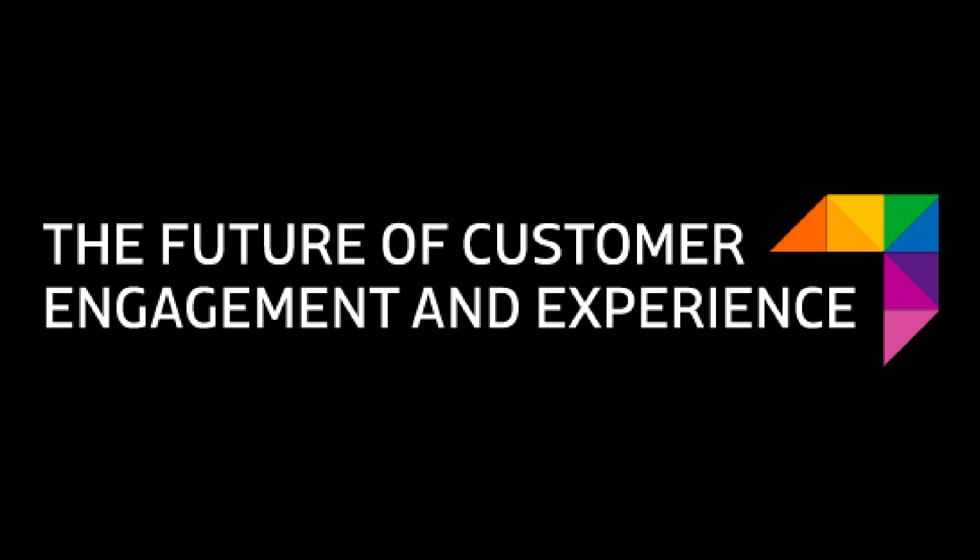
More

January 29, 2021
How to create the best retail customer experience: 3 trends to know
“How to Create the Best Retail Customer Experience: 3 Trends to Know” for SAP. Read the Full Article Here.

logistics
August 30, 2022
Supply Chain Career Advice From Women Who Paved the Way
Despite logistics being a male-dominated industry, a growing number of women are changing things up. Kelly Barner, Host of Supply Chain Now’s Dial P for Procurement, was recently featured in an article from Flexport, as they spoke with a few inspiring leaders to get their insights and advice on why women should consider a career in supply chain and logistics. Read the article here.
